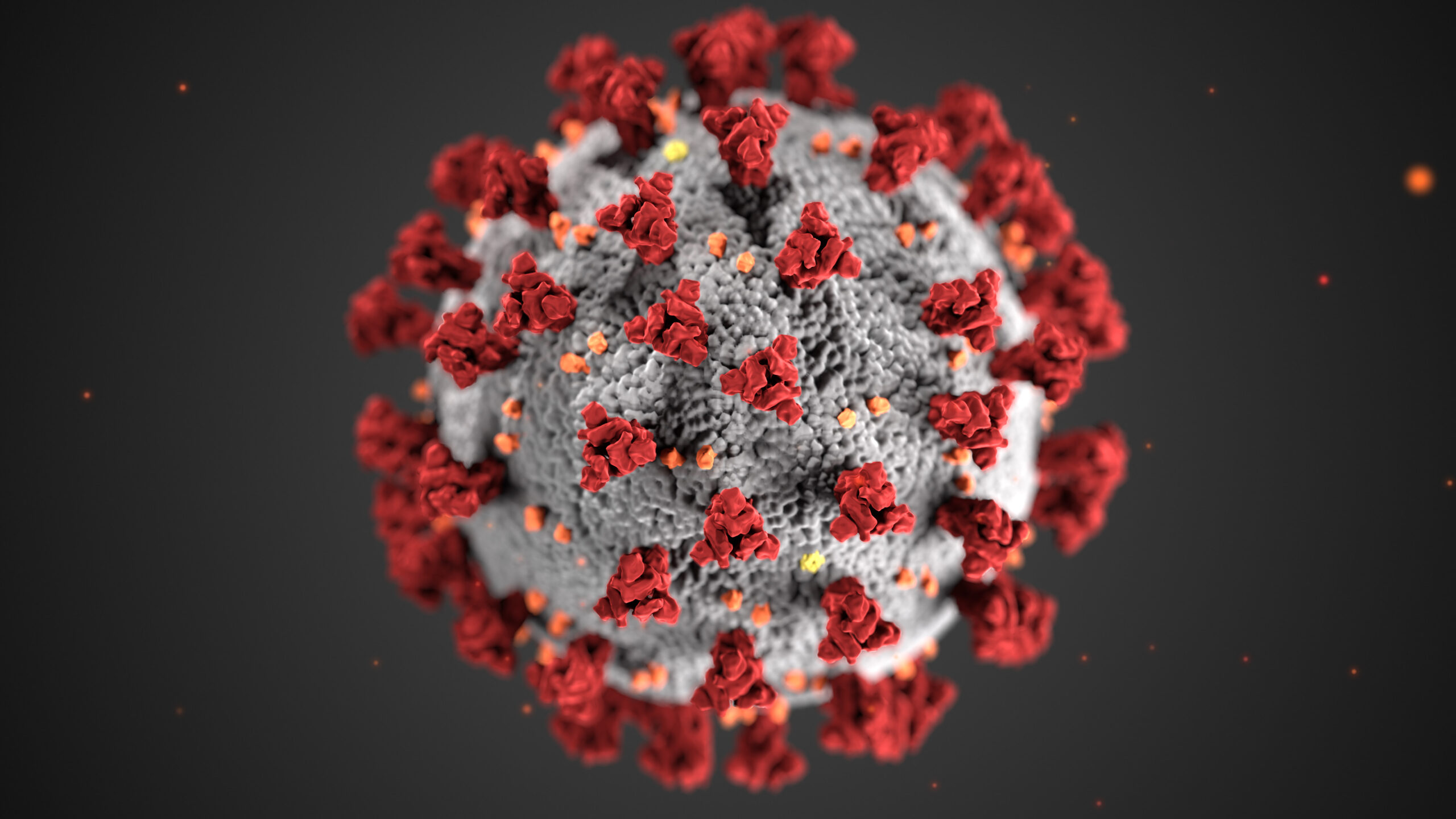
Early-Stage Ovarian Cancer Successfully Detected from a Blood Sample
Ovarian cancer has been successfully detected with 95% sensitivity (true positives) and 99% specificity (true negatives) using volatile organic compounds (VOCs) found in a blood sample. These highly accurate results were achieved in fifty-eight tests performed at the University of Pennsylvania using a lab-bench device capable of detecting VOCs with a revolutionary nanosensor. The tests were performed by the nanosensor’s inventor, Dr. A.T. Charlie Johnson, a founding member of VOC Health.
Currently, no reliable screening exists for gynecological cancers at any stage. Early detection of cancer increases survivability from an average of 10-15% to over 90%. An early-stage test for ovarian cancer will be part of VOC Health’s planned woman’s panel for cancer screening of asymptomatic patients.
VOCs are molecules that easily turn to vapor and the cause of most scents and odors. While currently an underused biomarker in medical research, VOCs lend themselves extremely well to the early detection of disease. Research shows that at the onset of a disease, multiple bio-responses in the body begin producing specific VOCs. Even before a tumor is formed, the body begins creating these specific VOCs which can be found in blood, sweat, saliva and urine. That means, by definition, a detection method can find VOCs much earlier than other compounds that come from mature tumors, such as free-floating cancer cells or DNA fragments.


